The Rise of the Main Character: how we all became the Star of our own show 🦸
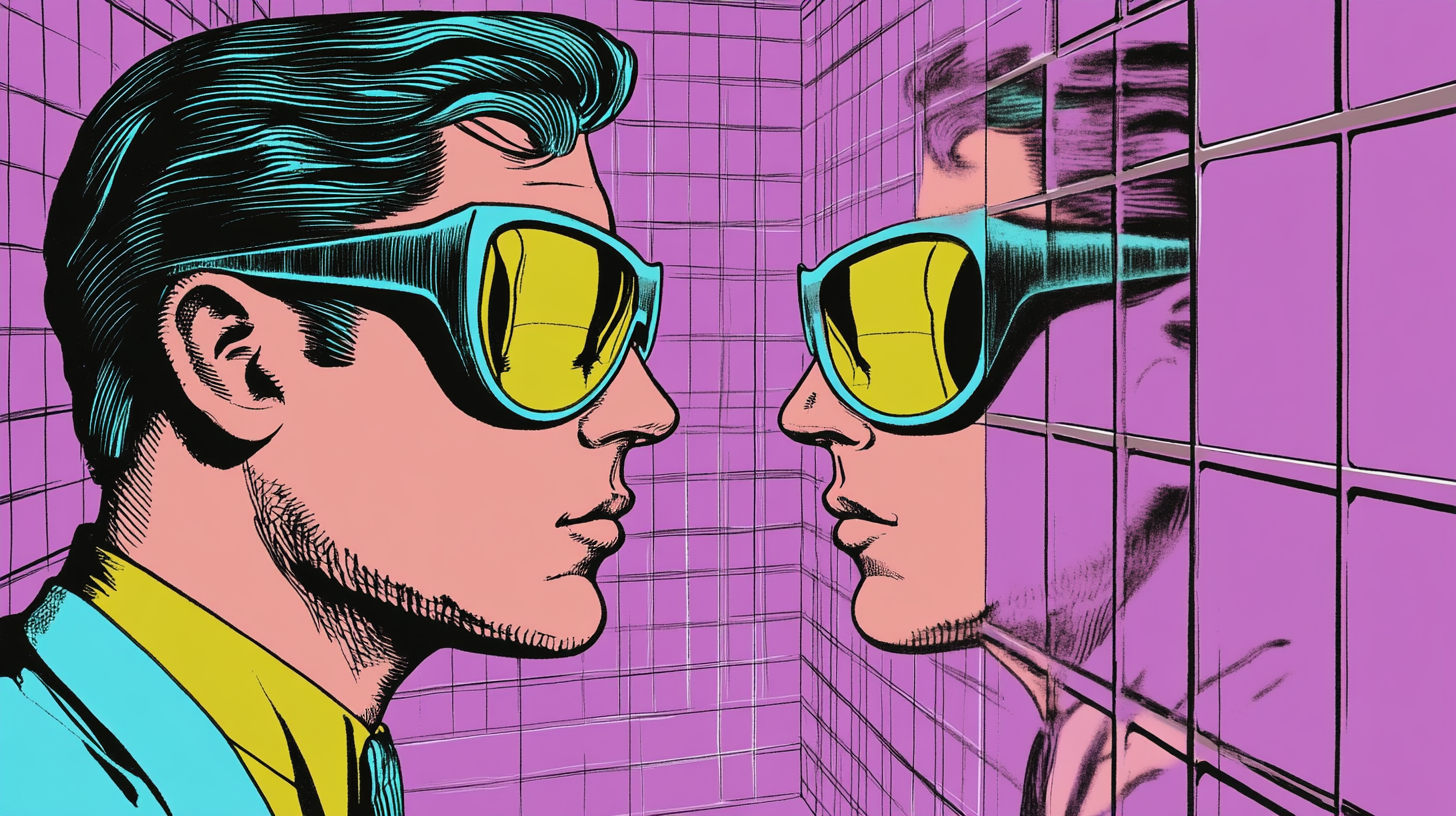
Are you the main character in your story? That’s not a term I thought I’d be talking about in this newsletter. But then again, we’re an endlessly innovative bunch aren’t we?
Take a tour of your social feeds and you’ll find someone declaring they are emitting ‘main character energy’. Indeed, it’s Gen Z’s favourite term, with more than 170 million tagged videos on TikTok and elsewhere. It was also one of the biggest dating trends of last year and is increasingly being debated in therapy circles.
That debate is exploring whether the term is helping people find their inner extrovert, or whether it’s driving a wedge between people and those they depend on. So in this week’s Brink I’ll be exploring the origins of the term, and how it came to define the post-Covid age.
Me Me Me 😍
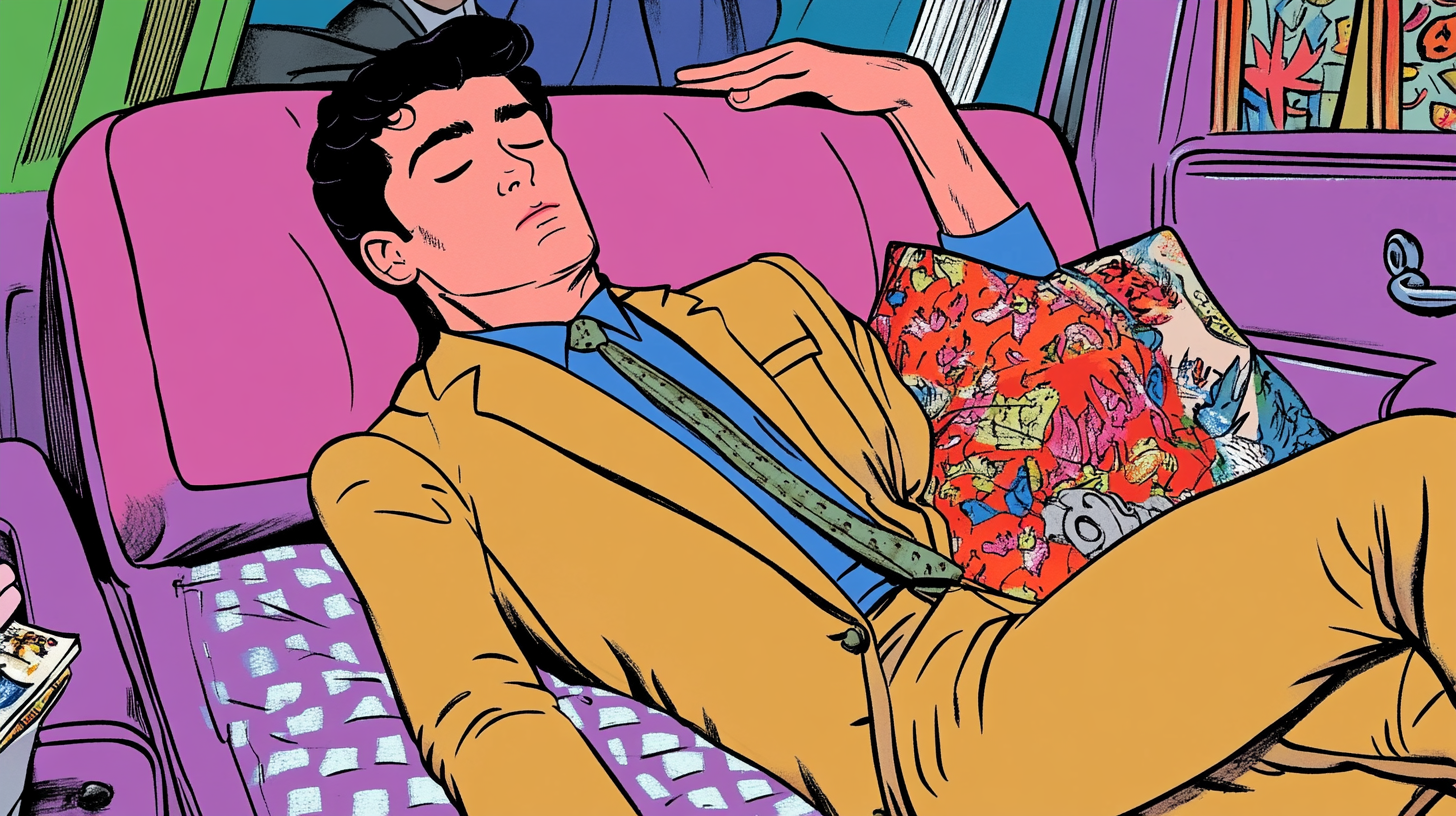
Before we begin, when we say “main character energy” or “main character syndrome” as it’s become increasingly known, what are we talking about?
There is no defined definition, but it can be roughly interpreted as any situation in which a person, mostly in public, sees themselves as a main character, and therefore everyone else is merely a side character in their story. Because of that, only the star’s perspective is what matters, even when that perspective seems to be annoying those around them.
For a tongue-in-cheek view of main characters, I highly recommend the sub-Reddit dedicated entirely to videos of the phenomenon. But there’s also a positive side. The term can and has been used as a form of self-care. It has been used to help put people put themselves first, or be more confident in public situations. But as Isaac Newton said, “For every action, there is an equal and opposite reaction”.
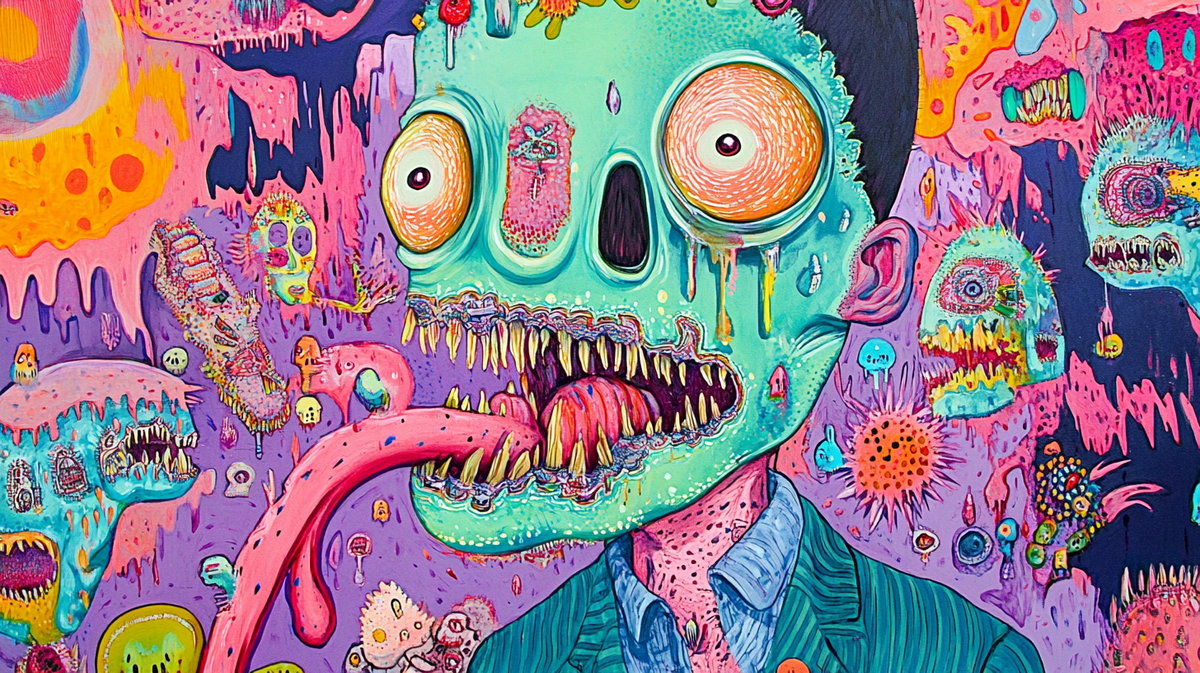
While some people have termed it a form of empowerment, others have said it’s just the latest shade of narcissism rippling through our lives. But where did it come from? An associate director working in television called Ashley Ward. A bit specific you might think? But then again, this year’s smash meme “very mindful, very demure” was also started by one person.
“Main character” as a term had been circulating on TikTok before, but it wouldn’t cut through until Ward took the phrase and applied it to a video she made on the beach in May 2020.
@ashlaward Take a second and listen #fyp #foryou #aesthetic #lovelife #drone background song: @hannah_harpist
♬ A Moment Apart - ODESZA - Ashley Ward
She filmed a gathering of her friends during a time when gatherings during Covid were rare things indeed. Over that footage, she recorded a voiceover that said you, “have to start romanticising your life. You have to start thinking of yourself as the main character.”
Four years later, Ward’s video created an idea that has been replicated and emulated hundreds of millions of times. For Ward, interviewed by the New Yorker a year after the video became a viral hit, she said she was channelling the idea she took from one of the iconic films of the 1980s: Ferris Bueller’s Day Off.
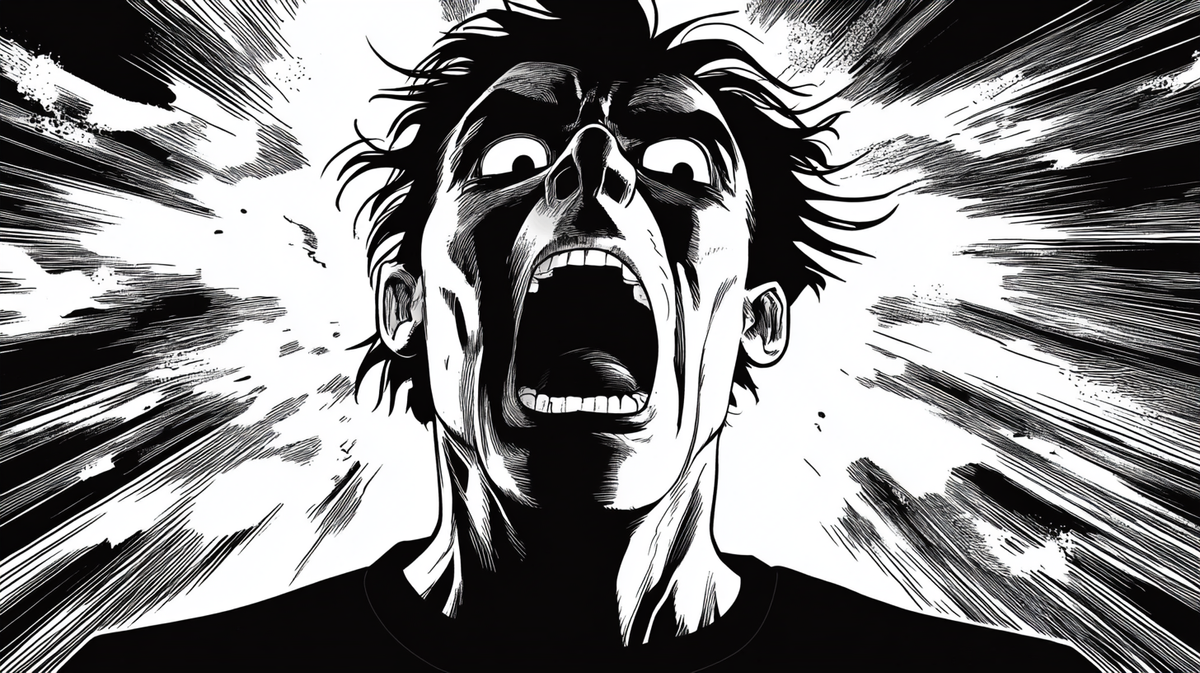
The film, if you haven’t seen it, focuses on the life of a boy who skips school to have, quite literally, the best day of his life. And that’s the spirit it seemed to evoke in the people who saw Ward’s inspirational video: if you don’t start enjoying the little things you might miss them. But like anything on the internet, in order to remain relevant, it needs to be an elastic idea that can be stretched in multiple different ways, allowing new creators to come along and re-interpret it.
Since Ward’s inception, two camps have formed around the idea. On the one hand, proponents use it as a vehicle to push self-care, motivational quotes, and finding your own way. Its opponents, meanwhile, argue it’s a symptom of something much darker, and more worrying about the way the world is going at the moment. Can both be true at the same time?
The end is nigh 😭
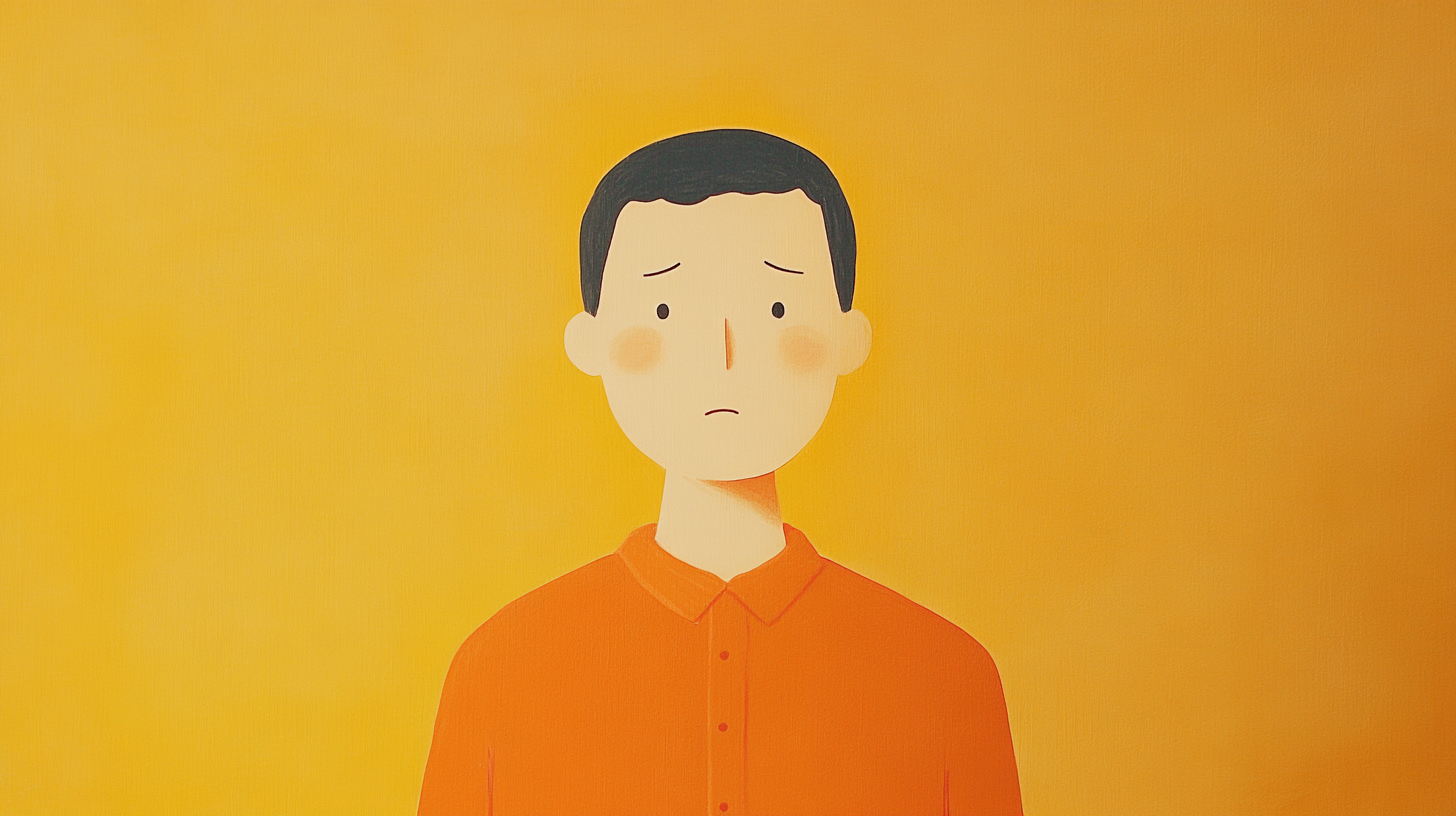
Anna Gotlib, an associate professor of philosophy at Brooklyn College in New York wrote a brilliant essay about the subject arguing that Main Character energy relegates the world, and everyone and everything in it to background noise.
For Gotlib, the rise of the main character means a rise in the wrong kinds of stories. These hyper-individualist sermons are harmful, isolating, solipsistic, and amoral. Because they push forward a view that says nobody else matters, it chips away at the fabric of society.
“Absorbing these messages and mimicking the voiceovers of lead characters in films and other media, we also try to narrate our lives – often, directly into our smartphones – and share with the world all the ways in which our paths, our storylines, our perspectives, are the ones that matter… We demand from others, both directly and indirectly: ‘Stop everything, and watch me – the hero!’”
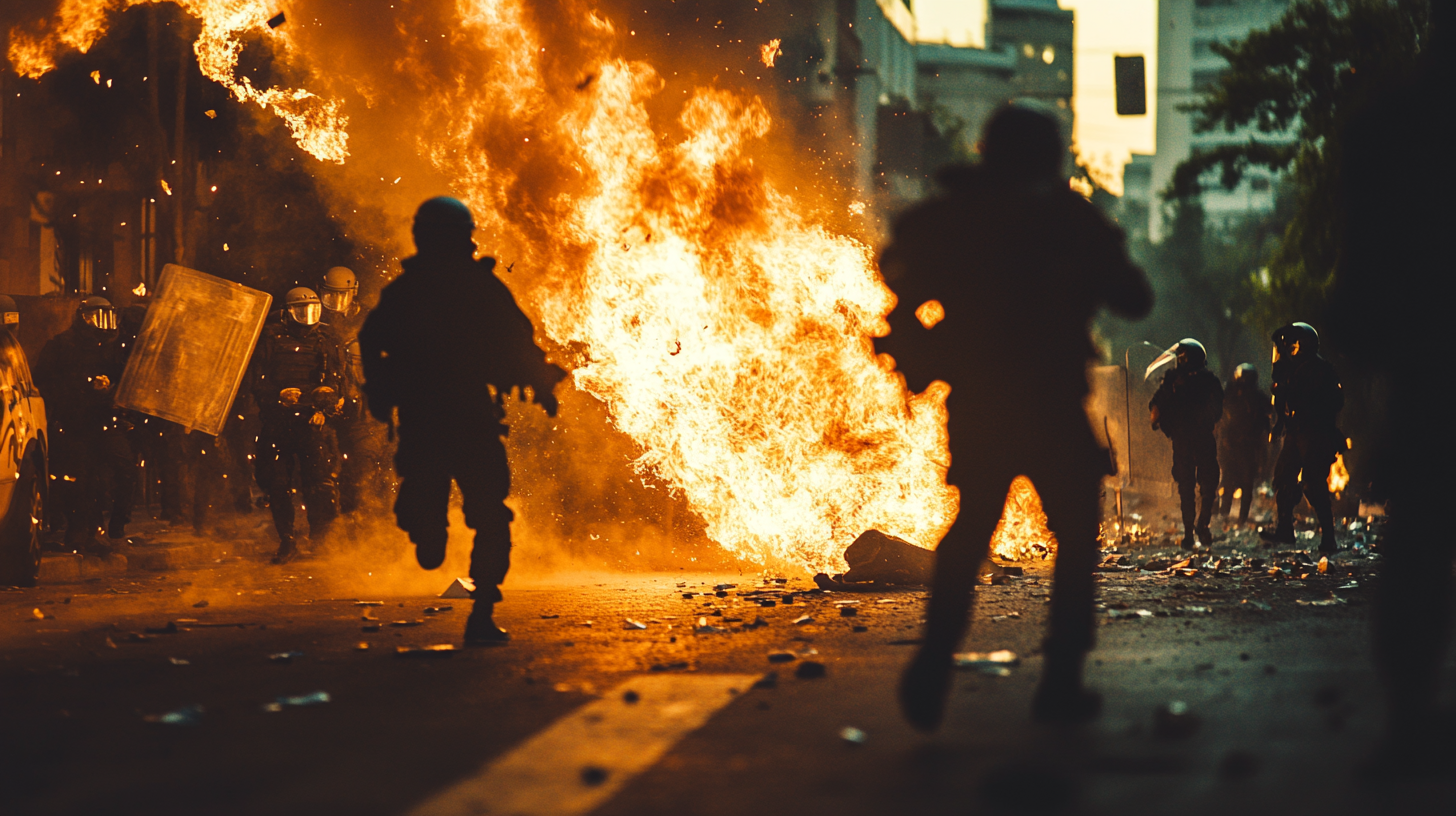
Main characters can only exist by relegating everyone else’s stories to the periphery. It robs people of the opportunities for co-creation, to learn how to tolerate the messy, unpredictable world of relationships, where a lot of the time we can feel like we’re the least important character in our own story. Main character ideas bulldoze over the messiness, in favour of a simpler idea: you are all that matters.
I do agree with a lot of these ideas. But I also want to offer a slightly different approach. I’ve been writing The Brink for years now, exploring a lot of these ideas that come to dominate how we understand ourselves. Like so many of the bits I’ve written before - on things like Manifesting, toxic masculinity, and narcissism - the ideas aren’t driven in one singular direction by one singular entity. They’re contested by different groups, who fight for ownership over them.
That gives these ideas a fuel that helps them evolve, change, and be contested over. Main character syndrome is just another one of those ideas. Some people think it’s great, but then there are others who think it’s terrible. But for me, main character syndrome is part of a bigger story. A story that captures technology, psychology, self-expression, a desire to be known, and a world that seems increasingly obsessed with our attention.
Nigh is the end 🤷♂️
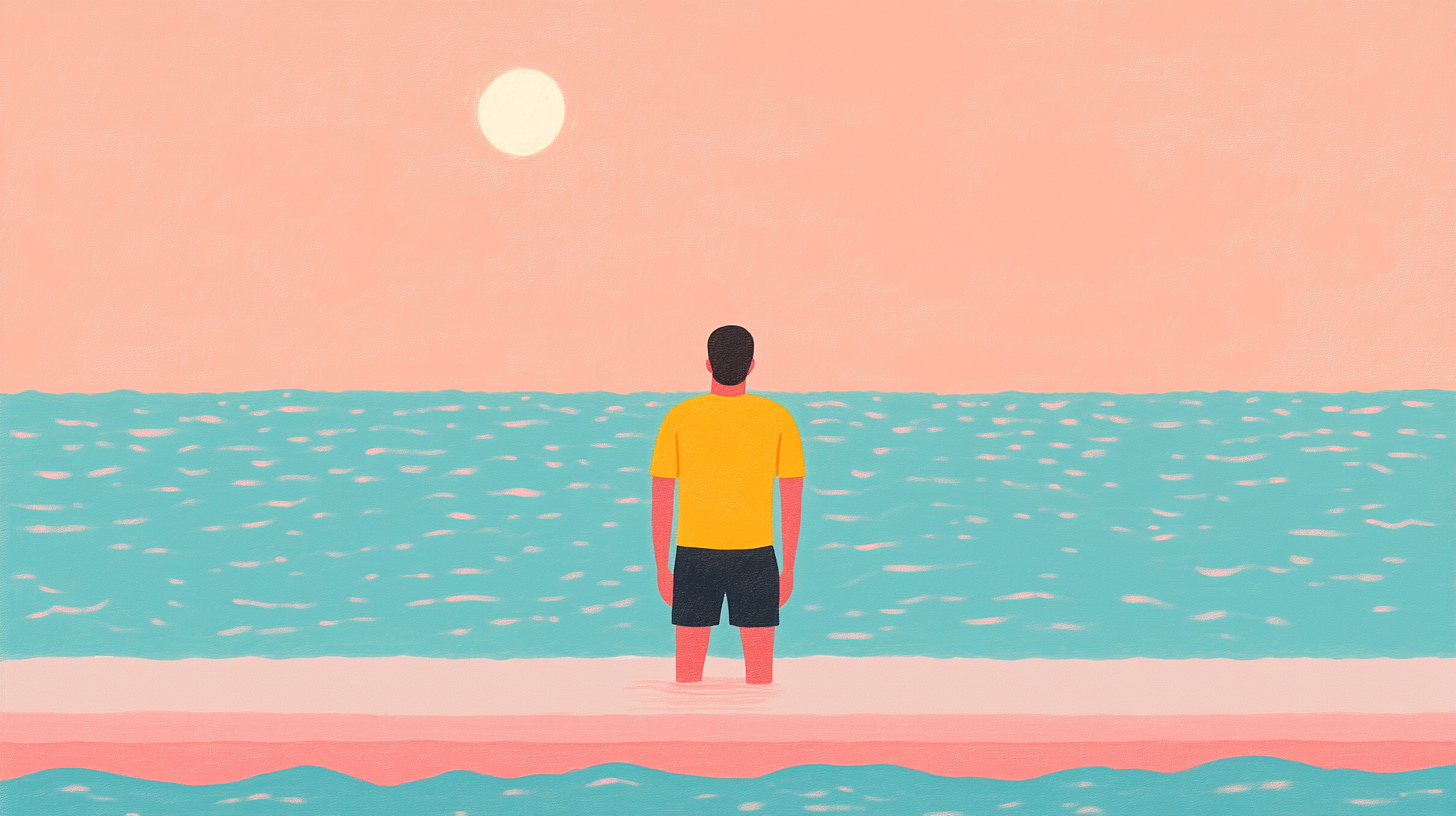
When main character syndrome was first discussed in 2021, psychologist Michael G Wetter said it was,
“the inevitable consequence of the natural human desire to be recognized and validated merging with the rapidly evolving technology that allows for immediate and widespread self-promotion.”
That idea that our inherent need for attention had found a spiritual home in technology’s thirst for content has created something new. Technology has made it easier, cheaper, and, importantly, more socially acceptable to project our story out into the world.
A cottage industry of equipment, apps, filters, and algorithms has sprung up to help us capture the right ideas, from the right angle and in the right way, to gain access to the largest audience possible. What’s new here is the platforms to do it. What isn’t new here is our age-old drive for validation.
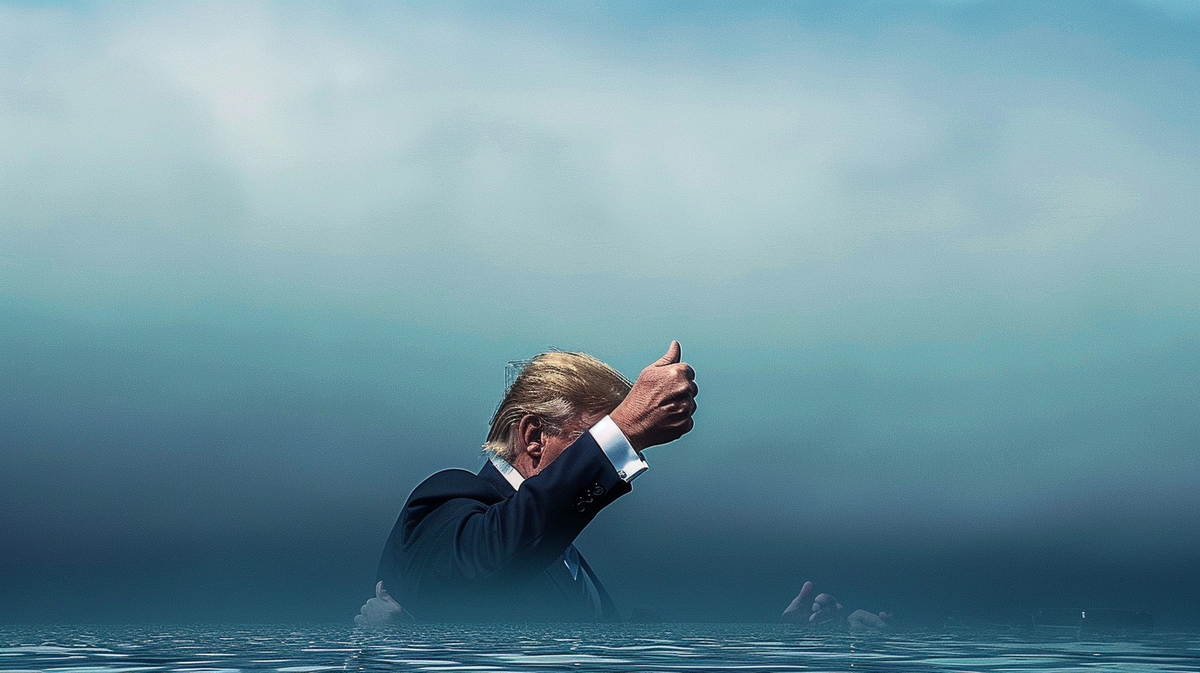
If we go back to the video that kickstarted it all, Ashley Ward summed it up perfectly: “You have to start romanticising your life. You have to start thinking of yourself as the main character because, if you don’t, life will continue to pass you by, and all the little things that make it so beautiful will continue to go unnoticed.”
That idea, says Ward, was inspired by Ferris Bueller, a film made in 1986. That film was in turn, inspired by the teenage rebellion trope, popularised by films and TV stretching back to Rebel Without A Cause, the iconic film starring James Dean, first released in 1955. Zoom out further and rebellion, individuality, and going your own way, have been the cornerstone of capitalism for more than a century. Cigarette companies worked out how to get women to buy their products by positioning them as an act of rebellion.
These ideas aren’t new. What is new is the way this is expressed. There is now a global platform, offering instant gratification - and money - to people who are willing to use this innate human trait in ever more creative ways. Our need for validation has become commoditised. For the first time, validation is a tradable asset.
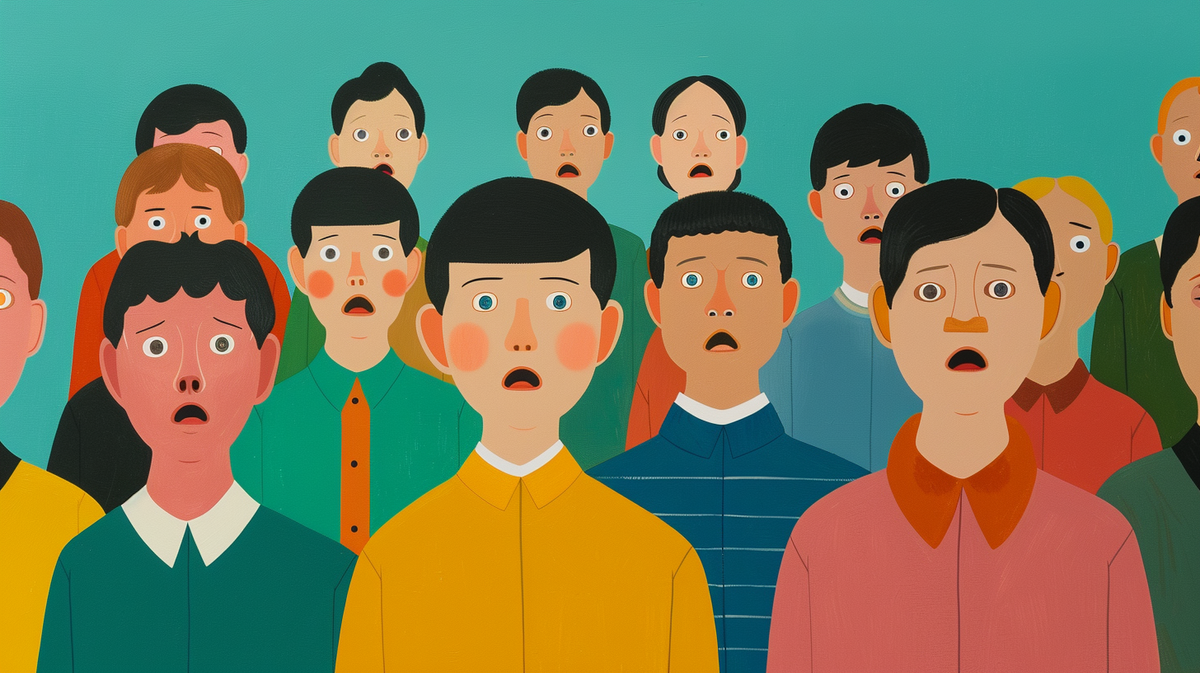
Why do people trade validation? Lots of reasons. But I think it’s a combination of two things: because people can and because people’s prospects have become increasingly bleak across the world. Our sense of well-being, a measure of how good we think life is going, has been in decline since 2018, the mental and physical health of young people is also heading the wrong way, and burnout is on the rise globally.
In a world where social mobility is in decline, is it any surprise more and more of us are channelling main character energy in order to get noticed?
Things we learned this week 🤓
- 🧠 We can now see how our brains act differently to different types of love.
- 💔 Surprise! Women give good-looking men an easier time than they do ugly ones.
- 😭 Men suffer from social isolation more than women do, and smartphones are to blame.
- 👵 Want to age more gracefully? Do puzzles.
Just a list of proper mental health services I always recommend 💡
Here is a list of excellent mental health services that are vetted and regulated that I share with the therapists I teach:
- 👨👨👦👦 Peer Support Groups - good relationships are one of the quickest ways to improve wellbeing. Rethink Mental Illness has a database of peer support groups across the UK.
- 📝 Samaritans Directory - the Samaritans, so often overlooked for the work they do, has a directory of organisations that specialise in different forms of distress. From abuse to sexual identity, this is a great place to start if you’re looking for specific forms of help.
- 💓 Hubofhope - A brilliant resource. Simply put in your postcode and it lists all the mental health services in your local area.
I love you all. 💋






